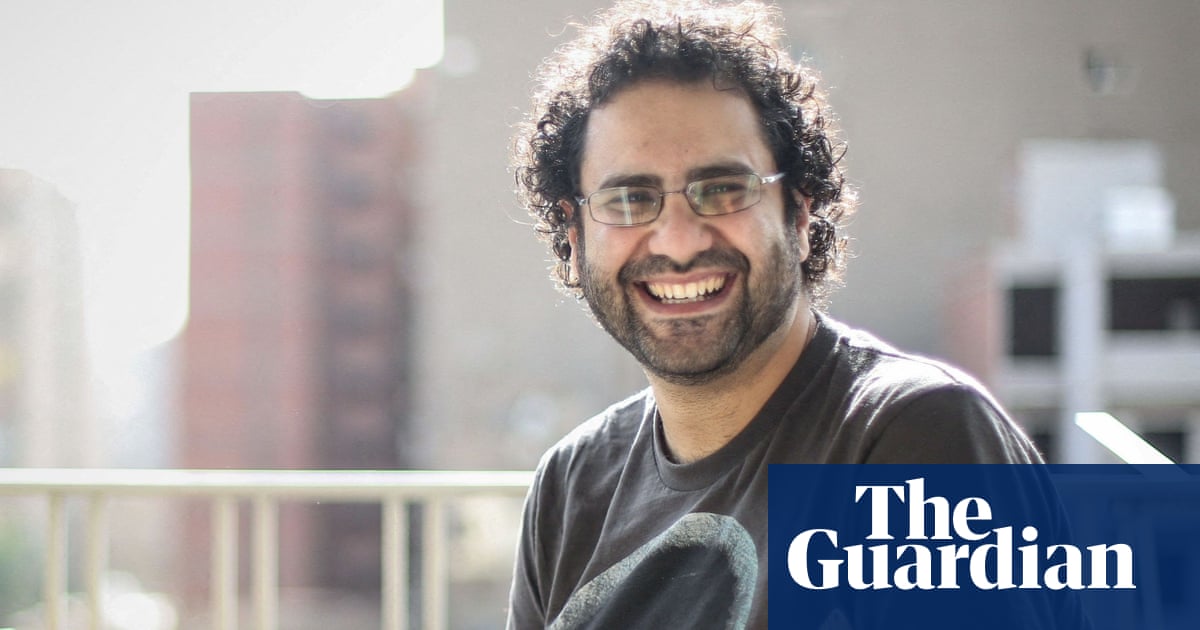
PESHAWAR: Today, Haseena Bibi, 43, is clean from substance abuse. But says she cannot recall any significant events in her life since 2014 — when she first became addicted to drugs.
“A time came when, without heroin, my entire body would feel paralyzed, and I would remain in bed for days because of the unbearable pain,” Bibi, a mother of two, told Arab News from her residence in Peshawar’s Pishtakhara Payan village.
She is not alone.
According to a report published by the United Nations Office on Drug and Crime (UNODC) and Pakistan’s Ministry of Narcotics Control in 2013, 6.7 million people in Pakistan had taken drugs at some point in their lives, while 4.4 million were addicted and needed immediate attention. That report is the latest official information available on drug abuse in Pakistan.
The report added that women accounted for 22 percent of the total number of drug addicts, with the highest prevalence in the Khyber Pakhtunkhwa (KP) province, of which Peshawar is the capital.
“Pakistan’s KP province shares a long and porous border with Afghanistan. A sophisticated network of smugglers use illegal routes to smuggle drugs into the country,” Mian Iftikhar Husain, a psychiatrist who runs a psychiatry and rehabilitation clinic in Peshawar, told Arab News.
He claimed that the majority of women who become addicted to drugs do so because of their partners.
“Easy availability of cheap drugs attracts young girls and women, as it helps them escape the worries and monotony of their lives,” Husain said.
Bibi agrees. She says she was living a healthy life before her husband became addicted to hashish. He was unemployed, meaning financial responsibility fell on Bibi’s shoulders.
When her husband ran away from their family home in 2013, Bibi says had to take on menial work to support herself and her two children. One day, in between jobs as a domestic helper at various houses, she was introduced to heroin with the promise that “one sniff will make you forget all your worries.”
“At the time, I didn’t know it was heroin. Slowly, I became addicted,” Bibi said, adding that she finally decided to seek help after realizing that she had been trapped by heroin smugglers who initially did not charge her for the drugs, but had made her “so dependable that I couldn’t function normally without taking two to three doses a day,” at which point, the dealers began to demand payment.
Help came in the form of a local doctor who referred Bibi to Peshawar’s Dost Welfare Foundation (DWF) where she met Dr. Parveen Azam Khan.
“Bibi was one of our most critical and chronic cases with a long history of heroin addiction. Her story touched a chord, and since she was from an impoverished background with no one to visit her, except her son, our team would give her special attention,” the 81-year-old doctor — and recipient of the Tamgha Imtiaz, the country’s highest civilian award, in 2004 — told Arab News. What followed was 15 days of rigorous treatment, with constant monitoring and support extended by DWF, which treated Bibi free of cost.
“We also provided aftercare and follow-up services for almost 18 months after the completion of treatment. The patients attend relapse prevention sessions at the center and are contacted by our staff at least twice a month,” Khan said.
Since being established in 1992 as KP’s first drug rehabilitation center, DWF has treated around 2,000 people every year. However, only about 25-30 of those are women, according to Khan.
“It is very unfortunate that despite 22 pecent of drug addicts being women, only 1 percent (of those women) opt for rehabilitation. This is due to social taboos and the fear of being ostracized by society,” she said.
Khan believes that the government should step in and devise a strategy to limit the spread of this social evil. She suggests supporting and allocating funds to Civil Society Organisations (CSOs) working for a reduction in demand for drugs as a priority.
“Drugs make individuals powerless. In this part of the world, women are already vulnerable, and drug-related issues are a social stigma, so people avoid talking about it,” she said, adding that it is essential to support and rehabilitate female drug addicts “as the foundation of an entire family depends on them.”
Bibi, for her part, says the treatment has offered her a new lease on life.
“For years, I kept my addiction a secret, hiding it from my family for fear that it might destroy the lives of my children,” she said.
In the time since her treatment, Bibi’s daughter has gotten married, and her son took a job at a factory to support the family.
“I hope I never go back to using drugs. Today, I’m finally free,” she said. “It seems as if a nightmare has ended.”












